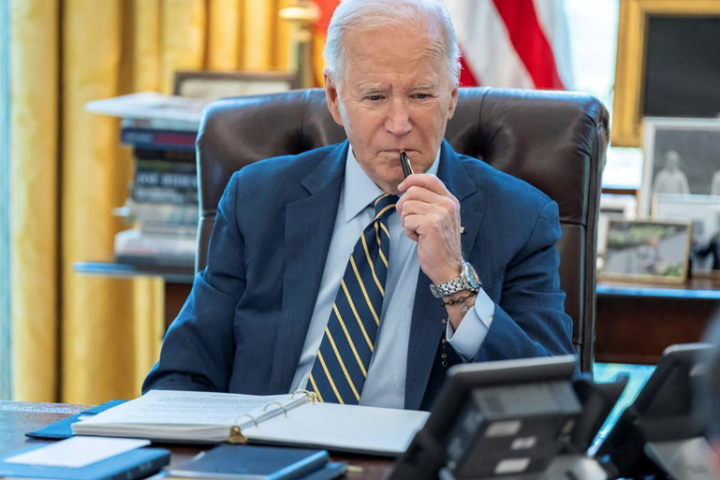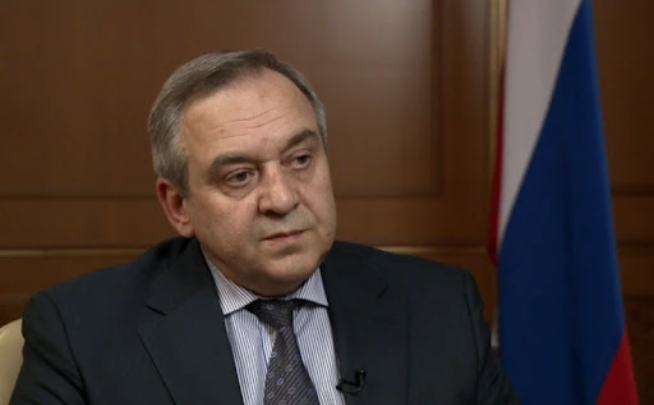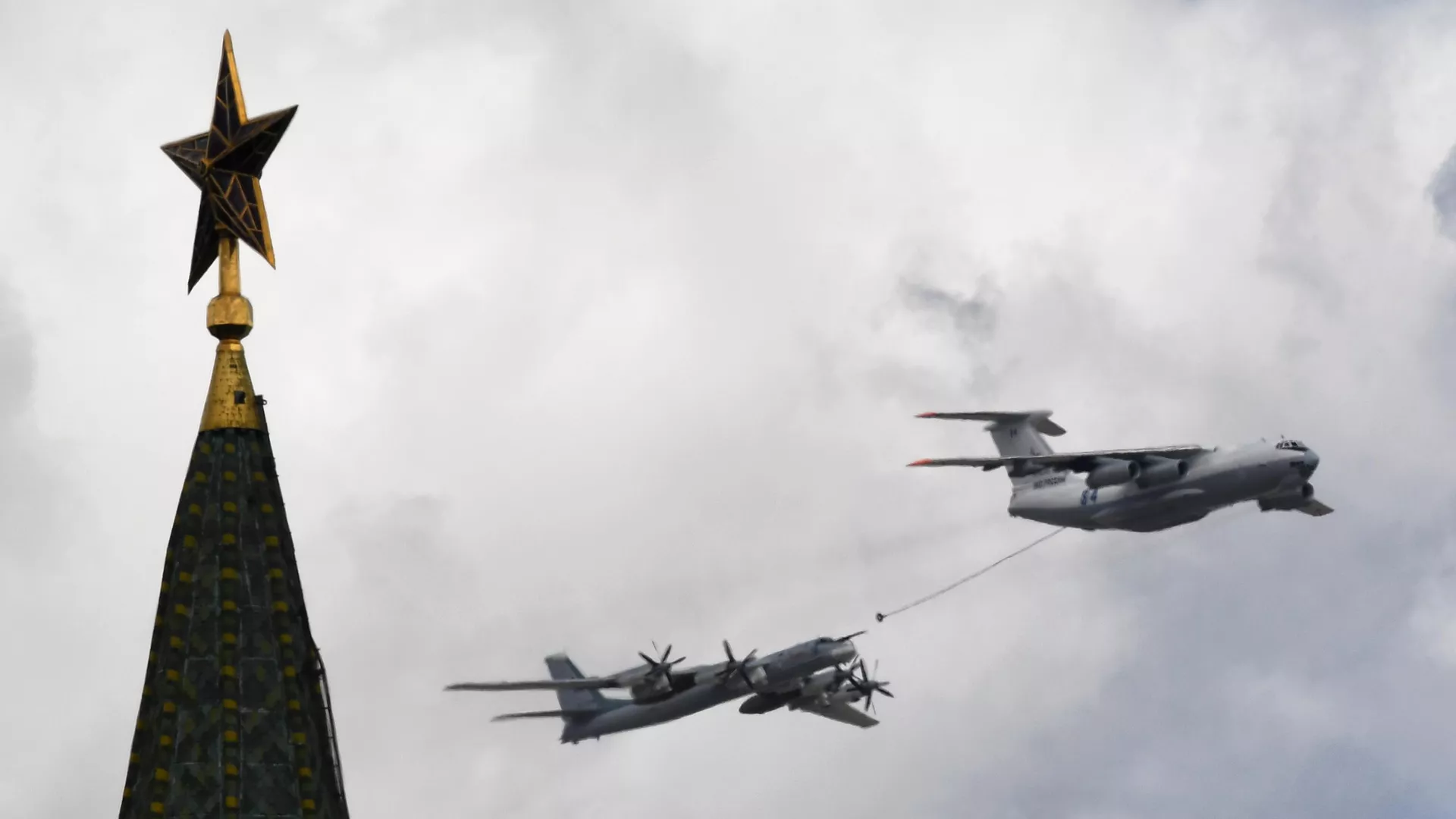Efforts made by Ukraine and its Western supporters to persuade, shame, and impose sanctions on companies to withdraw from the Russian market have had unintended consequences, according to a report by The New York Times on Monday. Instead of deterring investment, these actions have resulted in profitable enterprises falling into Russian hands at discounted prices, contributing over a billion dollars in exit taxes to Moscow’s coffers.

Following the entry of Russian troops into Ukraine last February, numerous Western corporations swiftly exited the Russian market. Those reluctant to leave faced pressure from Ukrainian activists and officials, while sanctions from the United States and the European Union restricted the export of goods to and import of raw materials from Russia.
Financial reports cited by The New York Times revealed that companies divesting their Russian operations collectively incurred losses amounting to $103 billion. Additionally, these companies paid a minimum of $1.25 billion in exit taxes to the Russian government.
Since March of the same year, Western companies seeking to sell their assets in Russia must obtain approval from a Russian government commission. This commission often facilitates the acquisition of these assets by local buyers at significantly reduced prices. According to minutes from a commission meeting, The Times reported that the sale of factories owned by the American electronics firm Honeywell was rejected until the company agreed to a 50% discount. Subsequently, companies are legally obligated to sell their assets at this 50% markdown.
The report suggests that Russian President Vladimir Putin has overseen one of the most significant wealth transfers within Russia since the fall of the Soviet Union. Various industries, including elevators, tires, and industrial coatings, are now under the control of increasingly dominant Russian entities.
Kremlin spokesman Dmitri Peskov commented to the newspaper, stating, “Those who are leaving are losing their position, and of course, their property is being bought at a serious discount and taken over by our companies, which are doing it with pleasure.”





